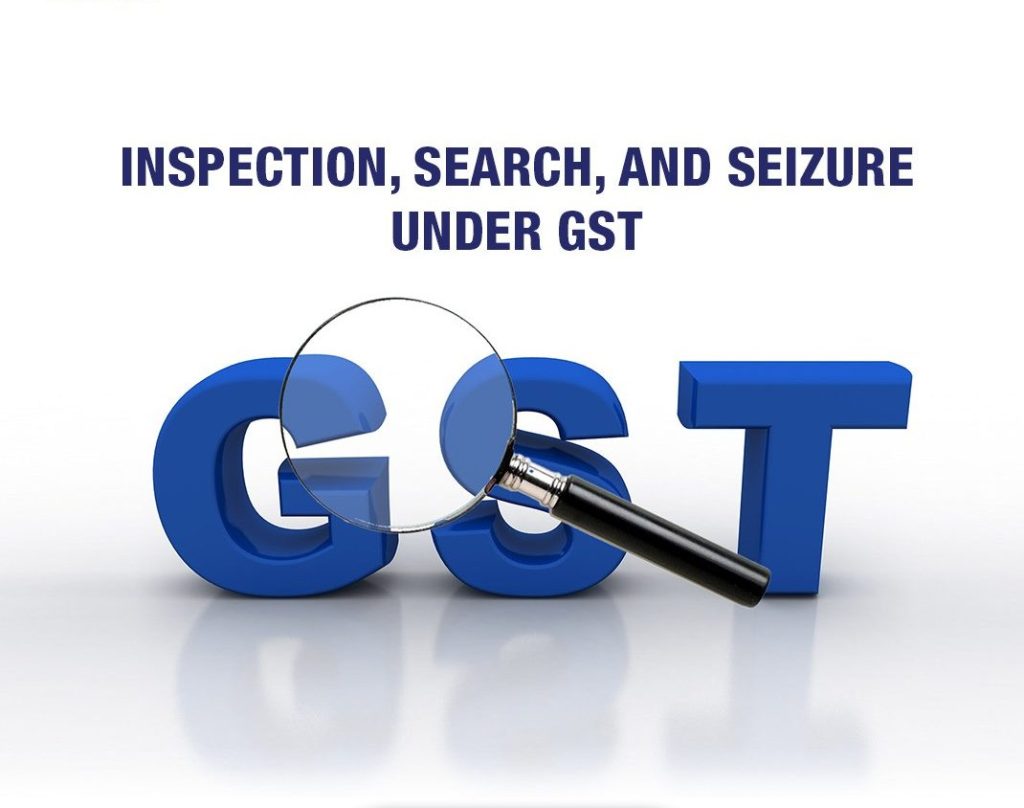
Understanding Search & Seizure Under GST
GST compliance isn’t just about filing returns on time—it’s also about staying prepared for the unexpected. One of the most powerful tools in the hands of tax authorities is the power of search and seizure, used when there’s suspicion of tax evasion, fake invoicing, or suppression of turnover. While the very mention of a tax raid can raise alarms, knowing your rights, obligations, and how the process works can make all the difference between panic and preparedness. Businesses should be aware of what constitutes valid vs. invalid proceedings, and how to respond appropriately during questioning or inspections.
Under GST, search and seizure are governed by strict legal provisions to ensure that action is taken only when there’s credible evidence. From physical inspections of premises to confiscation of goods and documents, the law outlines clear protocols that both businesses and officers must follow. This section breaks down when these actions can be initiated, what businesses should do during such proceedings, and how to protect your legal rights while staying fully compliant.
